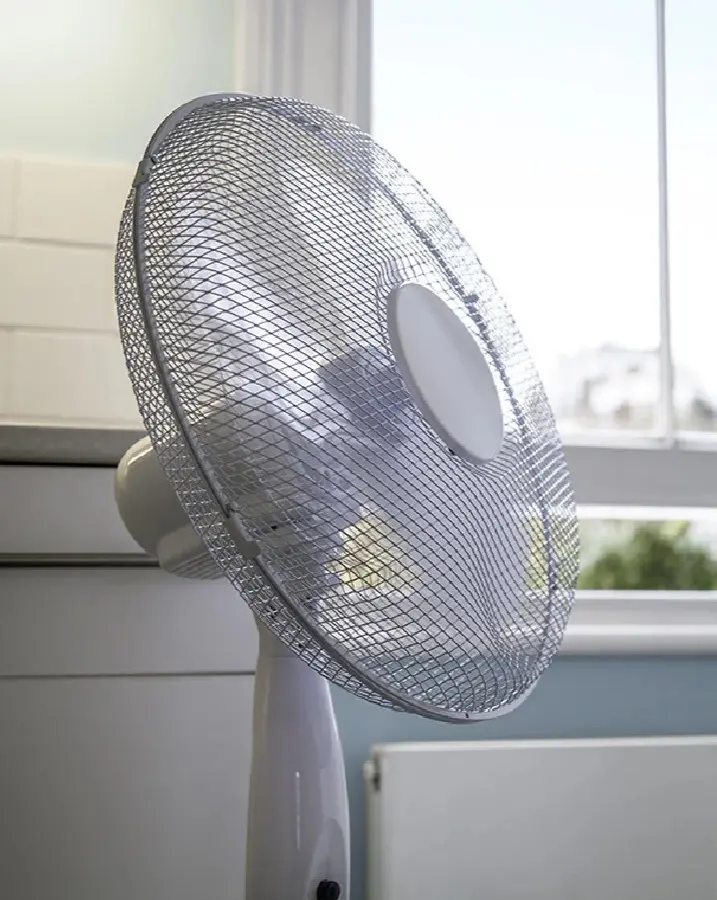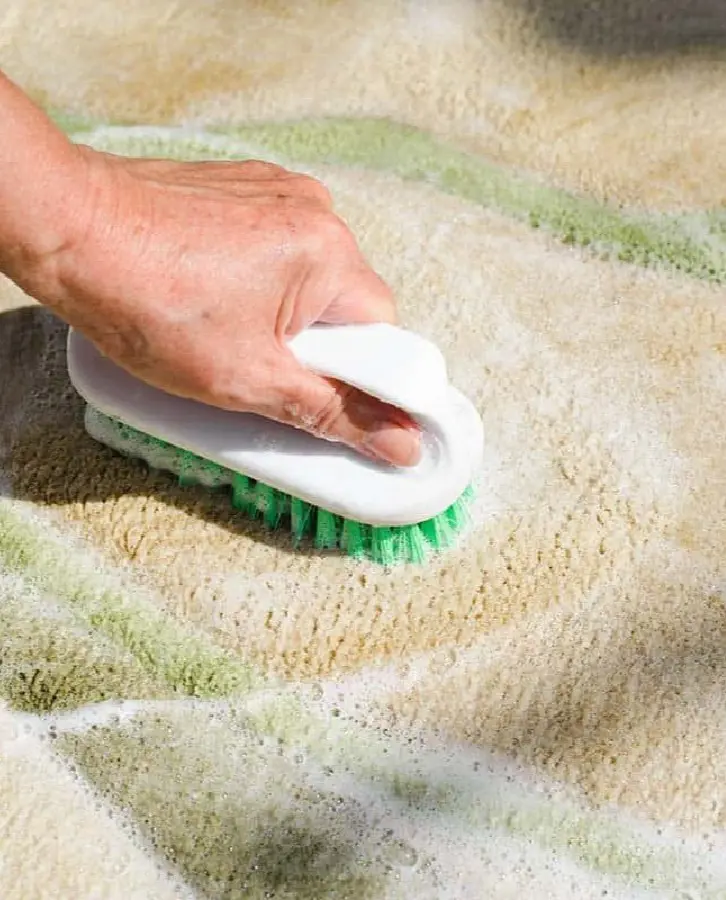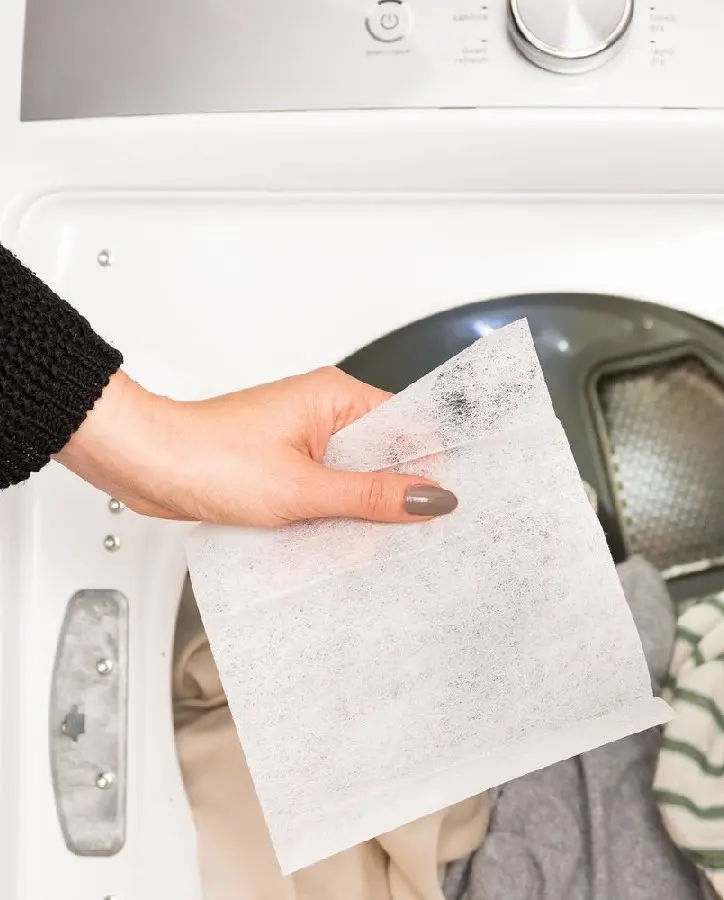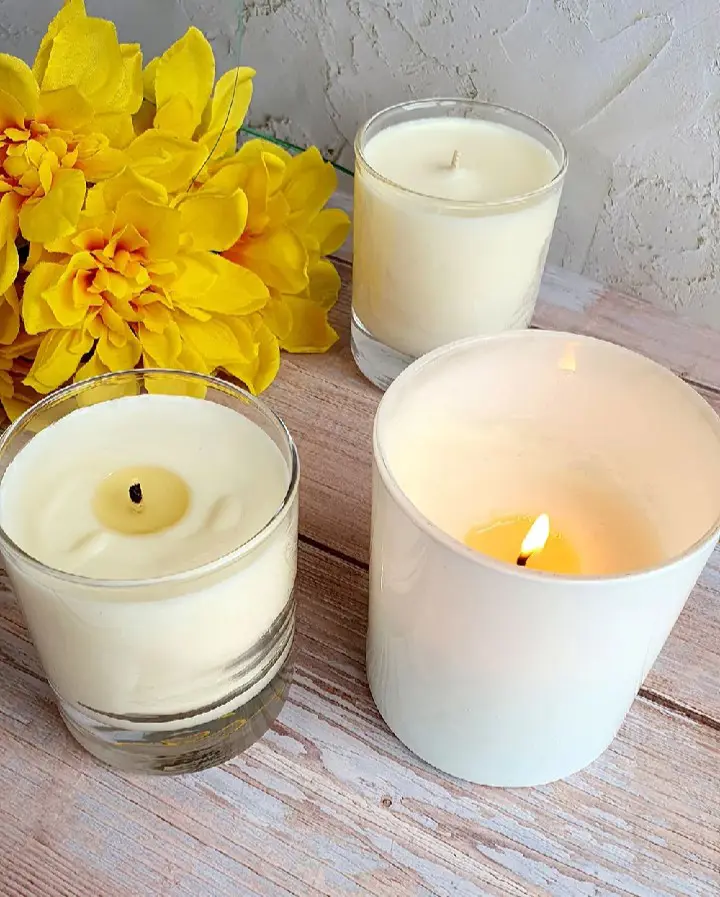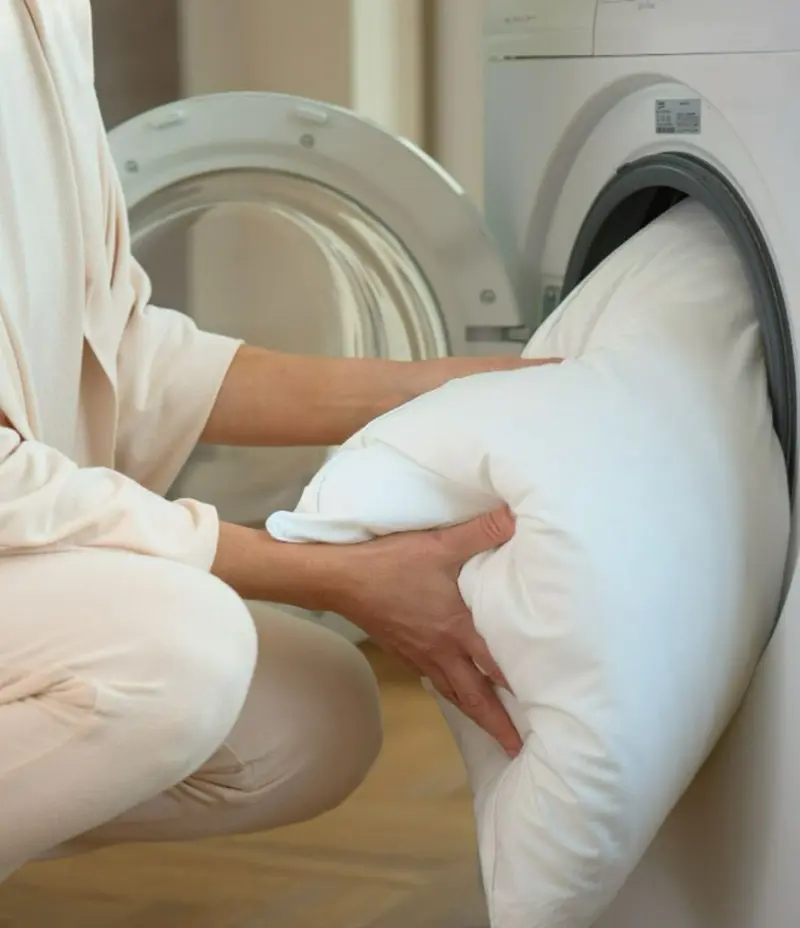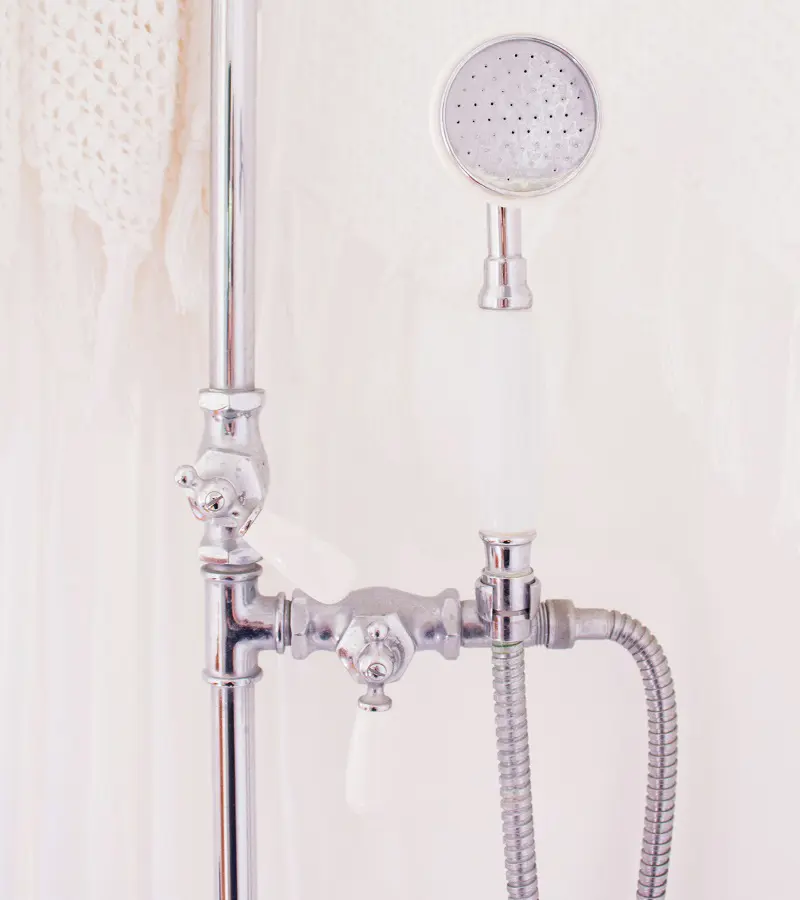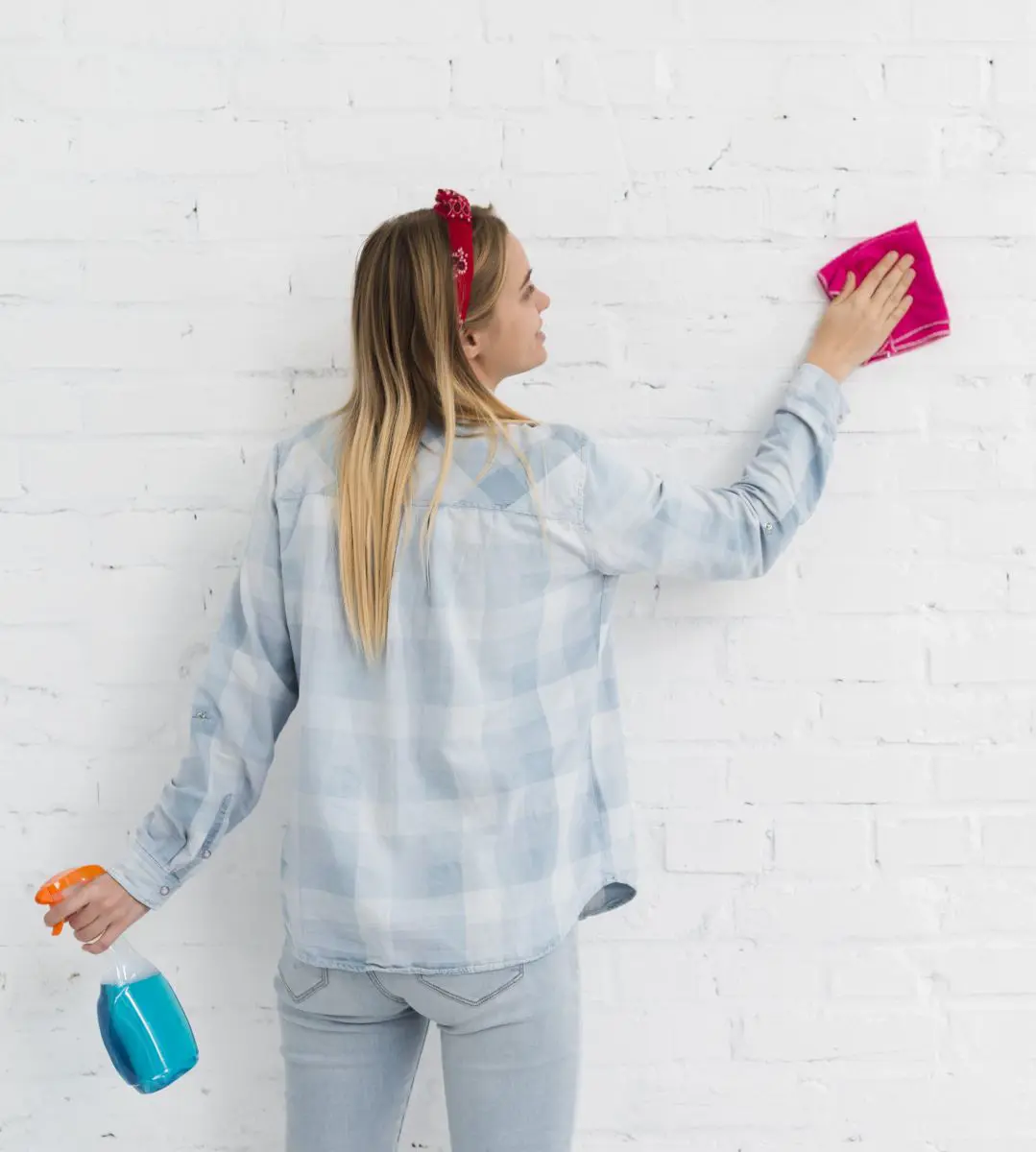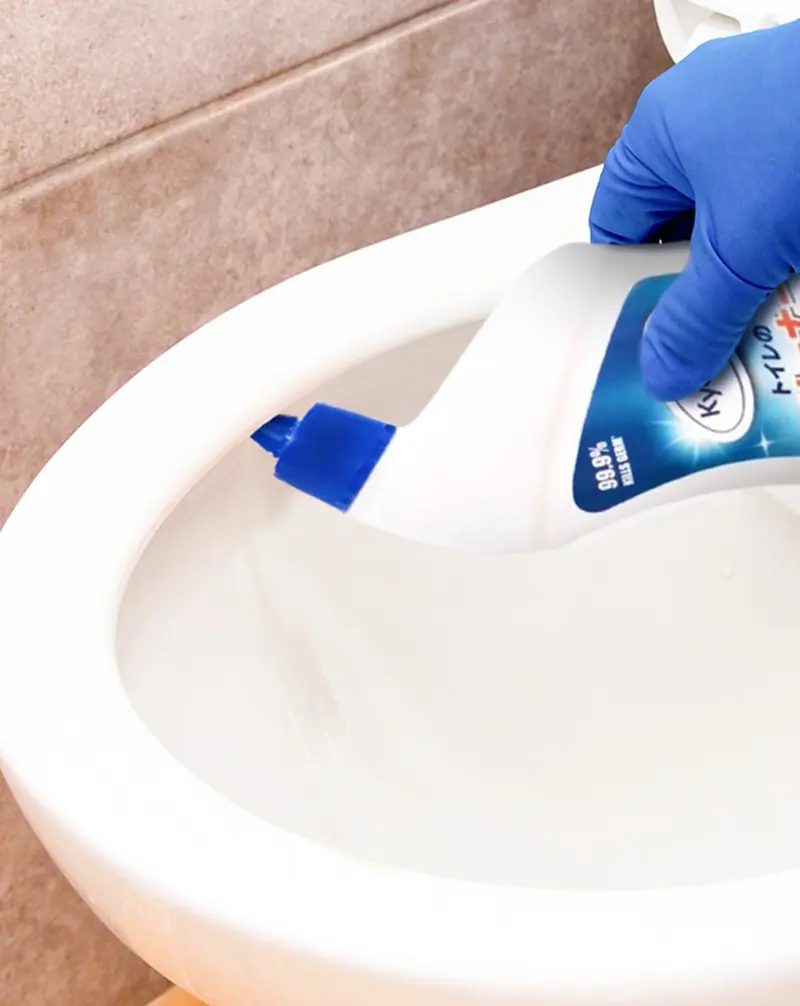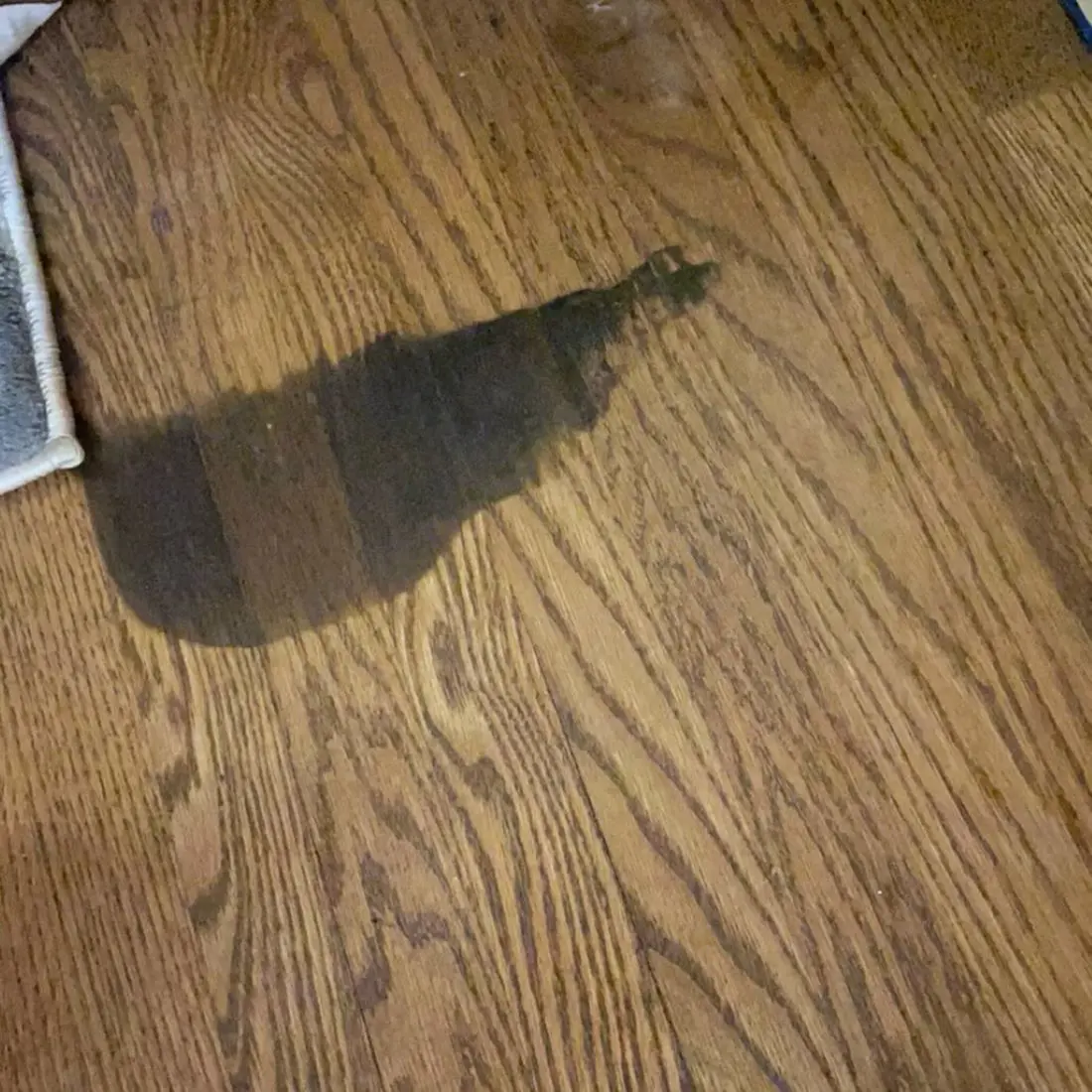1. Provide Ventilation
Ventilation removes musty odors by bringing in fresh air and pushing out stale, humid air that typically carries unpleasant smells. Good ventilation lowers moisture levels, preventing the growth of mold and mildew, which are the main causes of musty odors.
To ventilate your home, open windows and doors to create a cross-breeze that boosts air circulation. Use exhaust fans in bathrooms and kitchens to get rid of excess humidity. Ceiling and portable fans can also help spread fresh air throughout your home and make it more pleasant.

